If parents seriously consider opting out of taking their children to see Beauty and the Beast, are they acting prudently or are they homophobes?
Or perhaps should we cast a jaundiced eye at the film’s director and wonder if Bill Condon isn’t just trolling parents and creating a bigger “buzz” for the film in order to attract an audience who may have never considered going to a family film. It is interesting to note that he is now attempting to walk back his earlier enthusing about the “exclusive gay moment!”
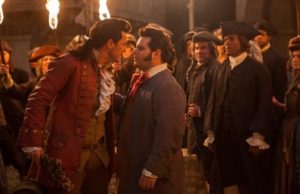
Certainly, the corporate suits at the House the Mouse built have long been into virtue-signaling to the cultural mandarins who jealously police the entertainment medium.
However, what about the movie itself? Of all the chatter, what does someone who has seen the whole film have to say (excerpts) —
LeFou (Gaston’s sidekick) is clearly gay and clearly infatuated with Gaston much more obviously than any gay character has appeared in any other Disney movie.
LeFou starts giving Gaston a hand / shoulder / ear massage during the Gaston song that is definitely sensual from LeFou’s perspective. This song also includes a moment where LeFou briefly sits on Gaston’s lap, leans in, puts Gaston’s arms around him and then says ‘Too much?’ Gaston is perturbed.
In the final dance scene, LeFou is dancing with a woman but at the very end he cuts in on another couple and dances with a man. It was made to appear as a fortuitous accident…[T]his is the same man who earlier ‘enjoys’ wearing the woman’s dress.
For many parents of older children, these fleeting moments may not be of concern. There is nothing so overt as to derail the overall film’s focus on the relationship between Belle and the Beast. For younger children, only parents assessing the maturity of their own children will be able to make a decision. Some children may notice more of the audience’s reaction rather than what they are seeing and be confused. Some may “catch” the implications but still be confused by what they see.
There is no “homophobia” in a parent who wants to control the circumstances in which their child is exposed to adult themes regardless of their subtlety.
Exercising parental control over viewing habits is a prudential judgment—not an all-or-nothing routine. And prudential judgment requires a balancing of many factors, including the positive and negative aspects of the film, the child’s age and circumstances, and the ability to discuss moral implications fruitfully.
As Joseph R. Murray II says
[B]ut why do we have to expose our kids to such mature themes? Do they not have plenty of time to grow up? Or maybe the point is to make them grow up too soon and that is where I part ways with my community.As for the argument LGBT kids need reaffirmation, I was gay and grew up without gay Disney and made it just fine. I bet the fact I was able to keep my childhood innocence played a part
As a Disneyphile, I will be seeing this movie. I leave the decision to see, or not see, this film to others who know their own children better than I do.
However, I offer this observation that hasn’t been discussed. Literature and film has long portrayed male bonding … positively as in “buddy films” or sinister as with a villain and his toady, e.g. the animated Beauty and the Beast. I personally see this moment as less “gay” per se than as another moment of sexualizing what have always been non-sexual relationships. From slash fiction to “theorizing” over the orientation of historical figures such as Abraham Lincoln because he had a close male friend, this poisoning of male friendships of their rich emotional nature into lust is much more troubling.
One might even believe there was an agenda at work.
Social justice warriors and modern feminists will stop at nothing to destroy every last vestige of common sense and rational thought from society. And there is nothing…


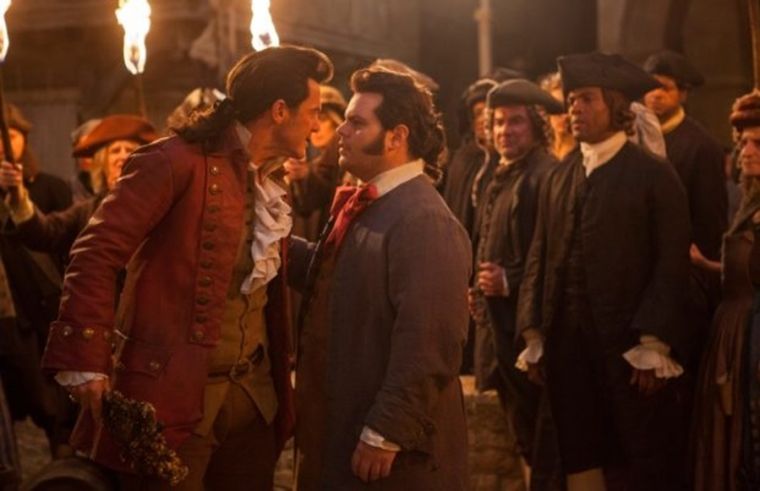
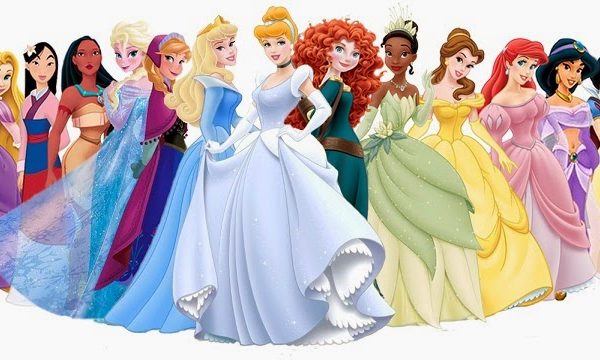
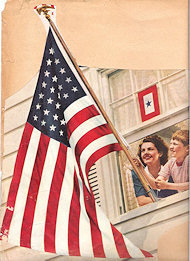

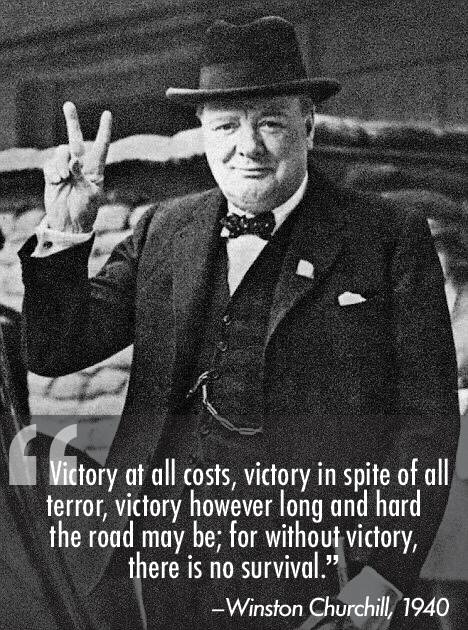





Recent Comments